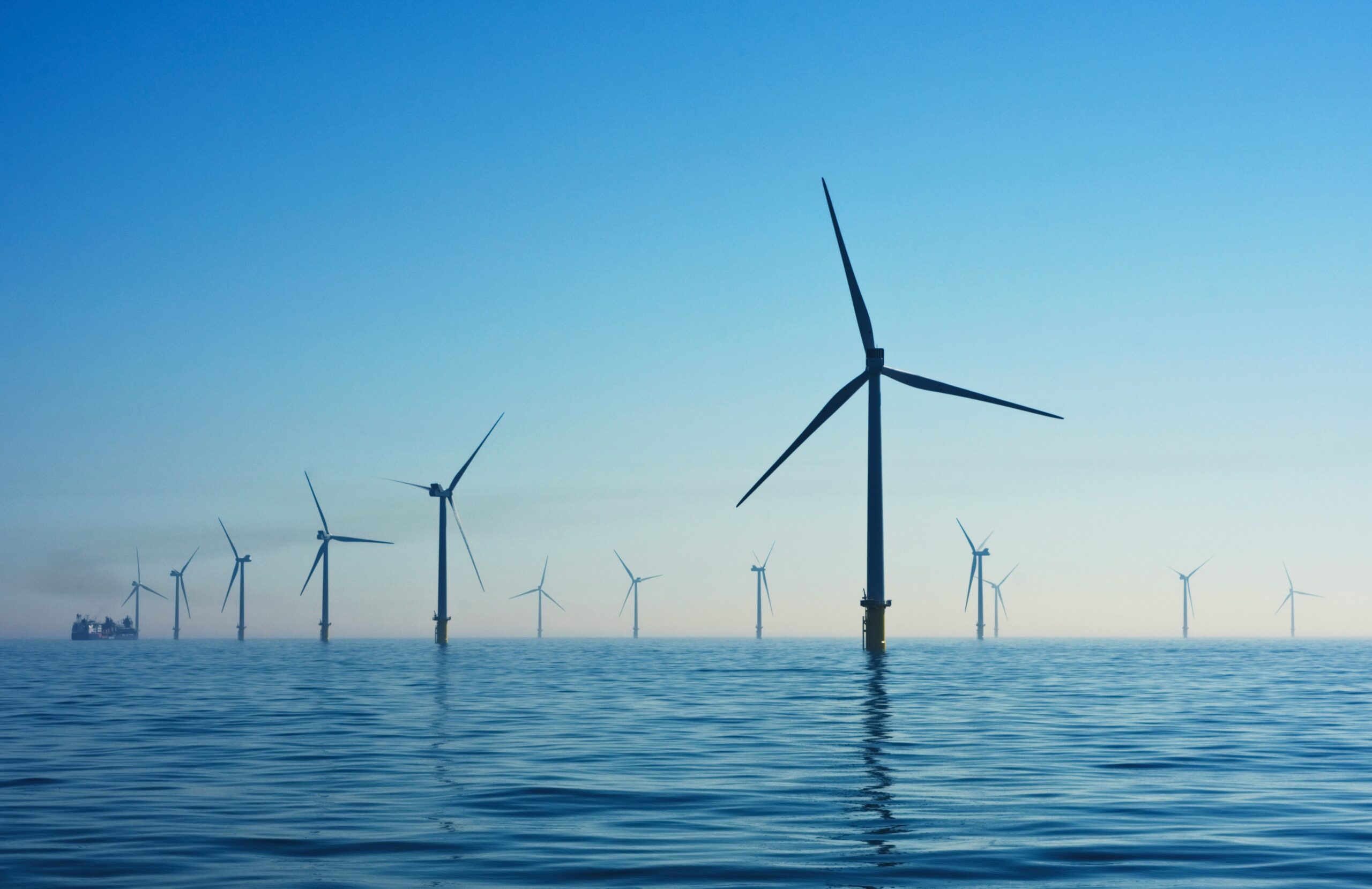
Chris Moyer
Founder & President
Instead of silence, companies should adopt a strategic, disciplined communication strategy that builds strength and shapes narratives
By Chris Moyer
It’s no secret that parts of the clean energy industry are under attack—and for some sectors, their entire future in the U.S. is at stake. In response, the instinct by many—too many—has been to duck and cover. To go silent, hoping to fly under the radar and ride out the next four years. But when you’re dealing with a president who’s ideologically opposed to your industry, silence is not an option.
Case in point: the offshore wind industry. Of all renewable sectors, it’s faring the worst. The president has a deep-seated animosity towards wind energy that is driving policy decisions across his administration. He recently reiterated his opposition, saying windmills “are the most expensive and inefficient energy in the world,” are “destroying the beauty of the environment,” and are “10 times more costly than any other energy.”
The president’s claims are absurd and easily refuted. Yet as a recent E&E News article highlighted, the wind industry has stayed silent in the face of attacks based on misinformation and outright lies. They’re skipping over major moments and milestones where they could be driving positive press coverage—a much-needed contrast to the incessant negative news about wind energy. If a company responds to a reporter’s request for comment on criticism at all, it’s to say “no comment.”
Playing It Safe Isn’t Working
This is a huge mistake. While I understand the instinct to keep a low profile to manage risk, letting fact-free attacks go unanswered is damaging to wind companies and the industry as a whole. This play-it-safe approach is short-sighted and isn’t delivering results. Just look at the polling out this morning showing a massive decline in support for wind.
“Fewer than half of U.S. adults, 44%, now say that offshore wind farms should be expanded in the U.S., down from 59% in 2022.” the Associated Press reported.
That’s a 15-point decline in just three years. Clearly the silent treatment isn’t working. If the industry loses public support, members of Congress and other elected officials will follow. That means projects won’t get approved and more companies may go out of business. Wouldn’t you rather put up a fight?
How to Lean Into Controversy
It’s not easy, but leaning into controversy can be effective. If I were advising a wind company facing criticism, I’d recommend a robust communications strategy that includes targeted paid media, amplifying third-party voices like workers, and issuing public responses such as this:
“Decisions about projects like ours should be made based on facts. Wind energy is a critical source of energy that will help to lower energy bills, create local, good paying jobs, and help deliver energy independence for America. We welcome a conversation with the administration to discuss these and the many other benefits we provide as we work towards shared goals.”
This kind of response is credible, strategic, and confident. It’s the approach Equinor took when its Empire Wind project was on the brink—and it worked. They won. Unfortunately, they remain the exception, not the norm, in the industry.
Companies Should Be in Campaign Mode
Too many companies want to stay out of politics and focus on business. I understand this preference. But what they miss is that there’s no escaping politics, and you must act accordingly. Everything is a campaign, whether it’s passing or blocking a bill, seeking regulatory approval or swaying public opinion. Choosing to stay silent is choosing to forfeit. That’s letting opponents define the narrative.
One congressional staffer put it bluntly in Punchbowl News recently: “A messaging void is political death.”
Yes, trade associations have a role to play. But individual companies must step up too. The wind industry should stop being paralyzed by fear and start going on offense. There’s a real opportunity—right now—to launch a sustained campaign that highlights the economic, environmental, and energy security benefits of wind.
I learned this lesson working for former Senate Majority Leader Harry Reid, a fighter in every sense of the word. In 2010, during a brutal re-election campaign, we didn’t let a single attack go unanswered. Every hit was countered quickly and clearly. We won that race by six points—even as Democrats lost big across the country.
Electoral campaigns and corporate advocacy aren’t identical, but the principles are the same. Silence invites defeat. Strategic, disciplined communication builds strength and shapes narratives.
The wind industry should adopt a stronger posture—their survival may depend on it.
Check out our recent insights and conversations:
Sign up for our newsletter
Receive updates on our work, industry news, and more.




